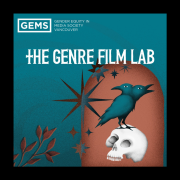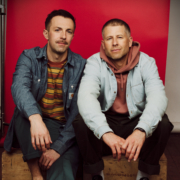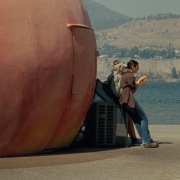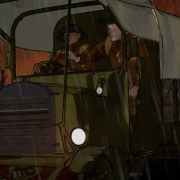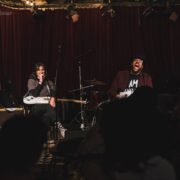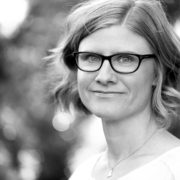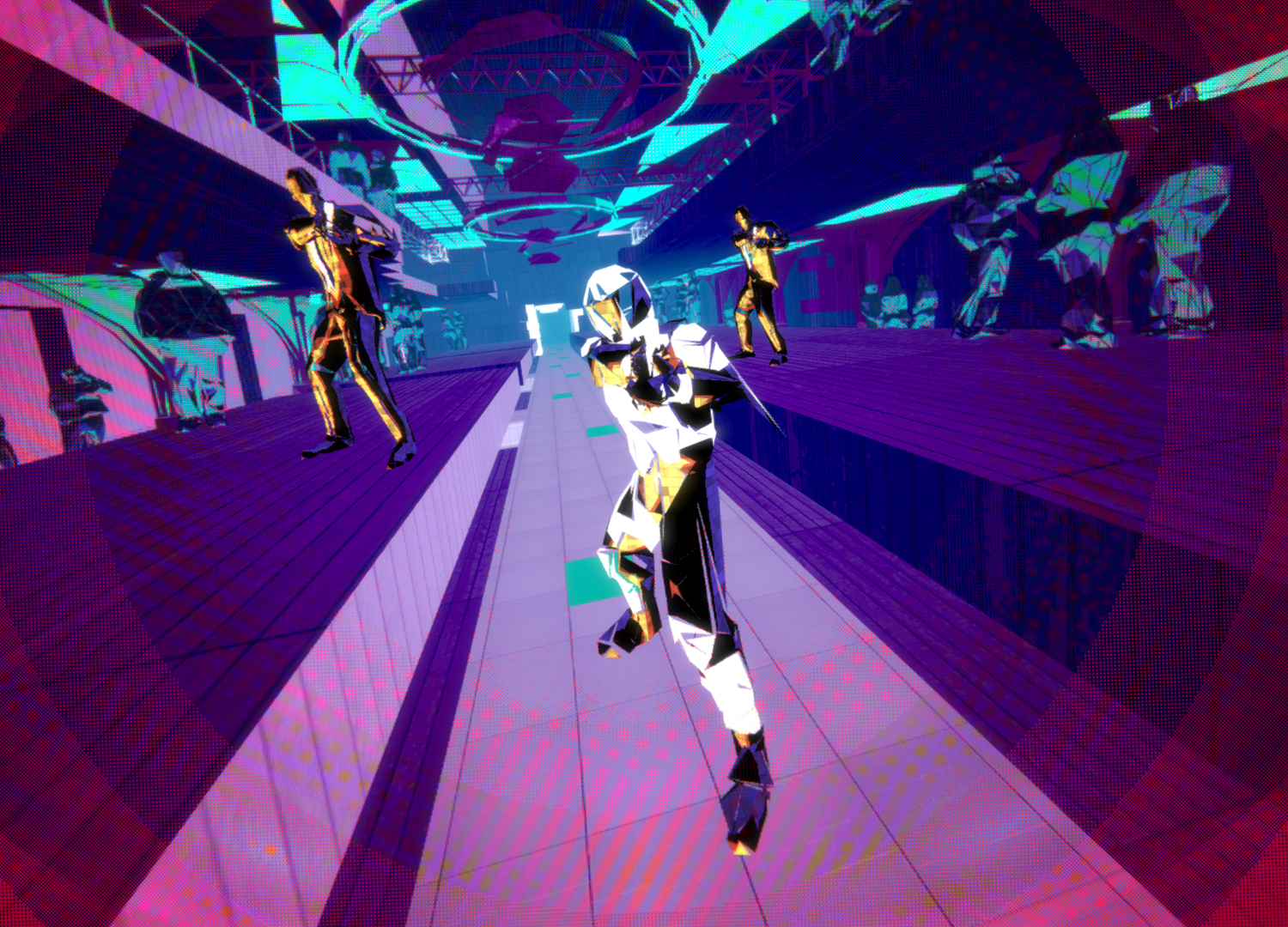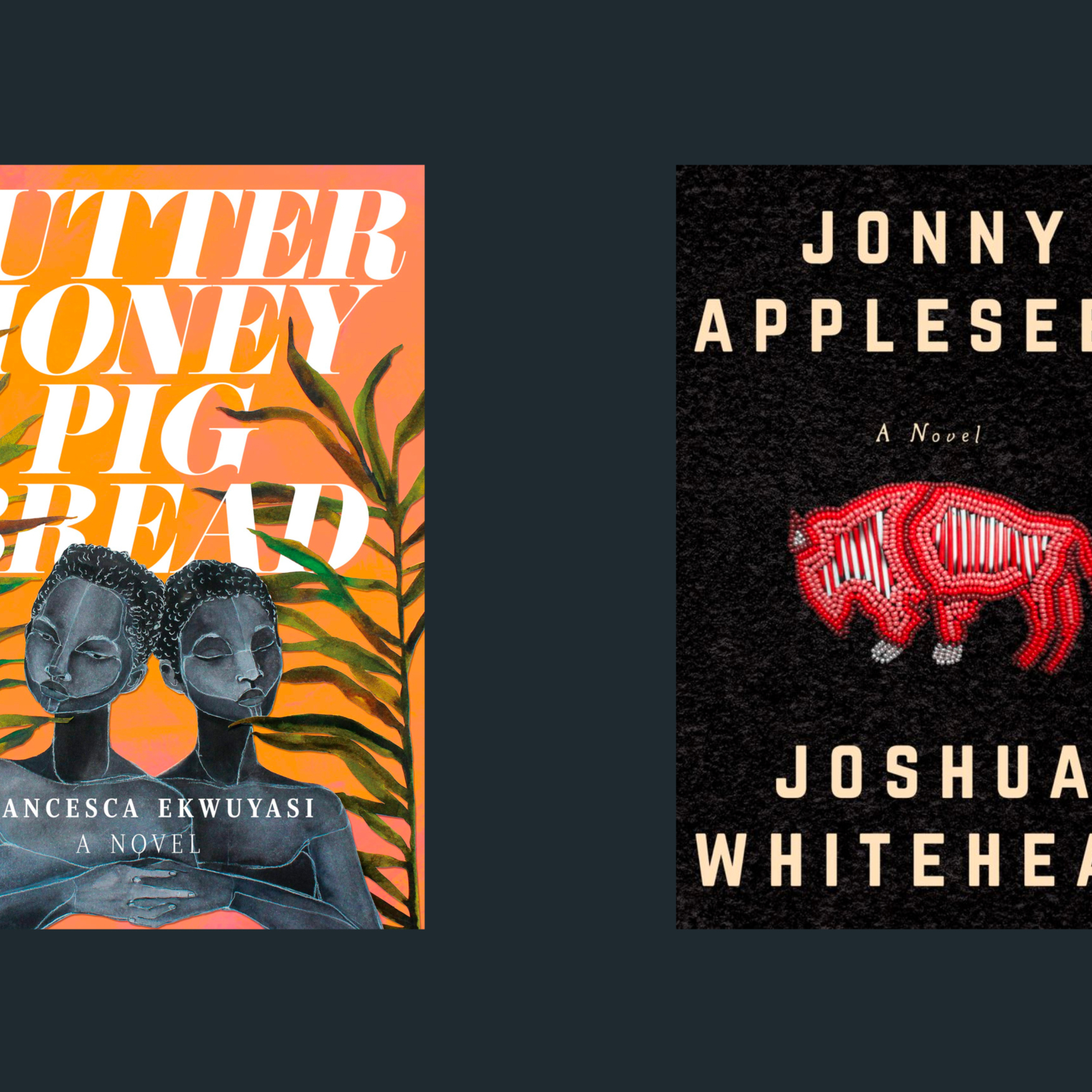Big Bad Boo Studios is a premier animation company based in Vancouver, B.C. with offices in New York and Los Angeles that produces Canadian children’s content. The studio is no stranger to broadcast deals with leading companies Hulu, Amazon Prime, TVOKids, SRC Radio Canada and Knowledge Kids, putting British Columbia on the map for co-finance productions. Big Bad Boo is known for fostering unique collaborations and partnerships with organizations UNICEF, Google Expeditions, Save the Children, USAID, and Highlights for Children. Their content has been recognized and praised for empathetic storytelling with awards and nominations from GLAAD, Kids First Choice Awards, Kidscreen, LEO Awards and more.
Their programs have touched families around the world with their offering of various languages and realistic, diverse storytelling. Some of their more recent successful programs include 1001 Nights, 16 Hudson, Lili & Lola, The Bravest Knight, Mixed Nutz, and ABC with Kenny G.
We spoke with Shabnam Rezaei, the Co-Founder and President of Big Bad Boo Studios about authentic storytelling and creating roles for diverse voices in the motion picture industry.
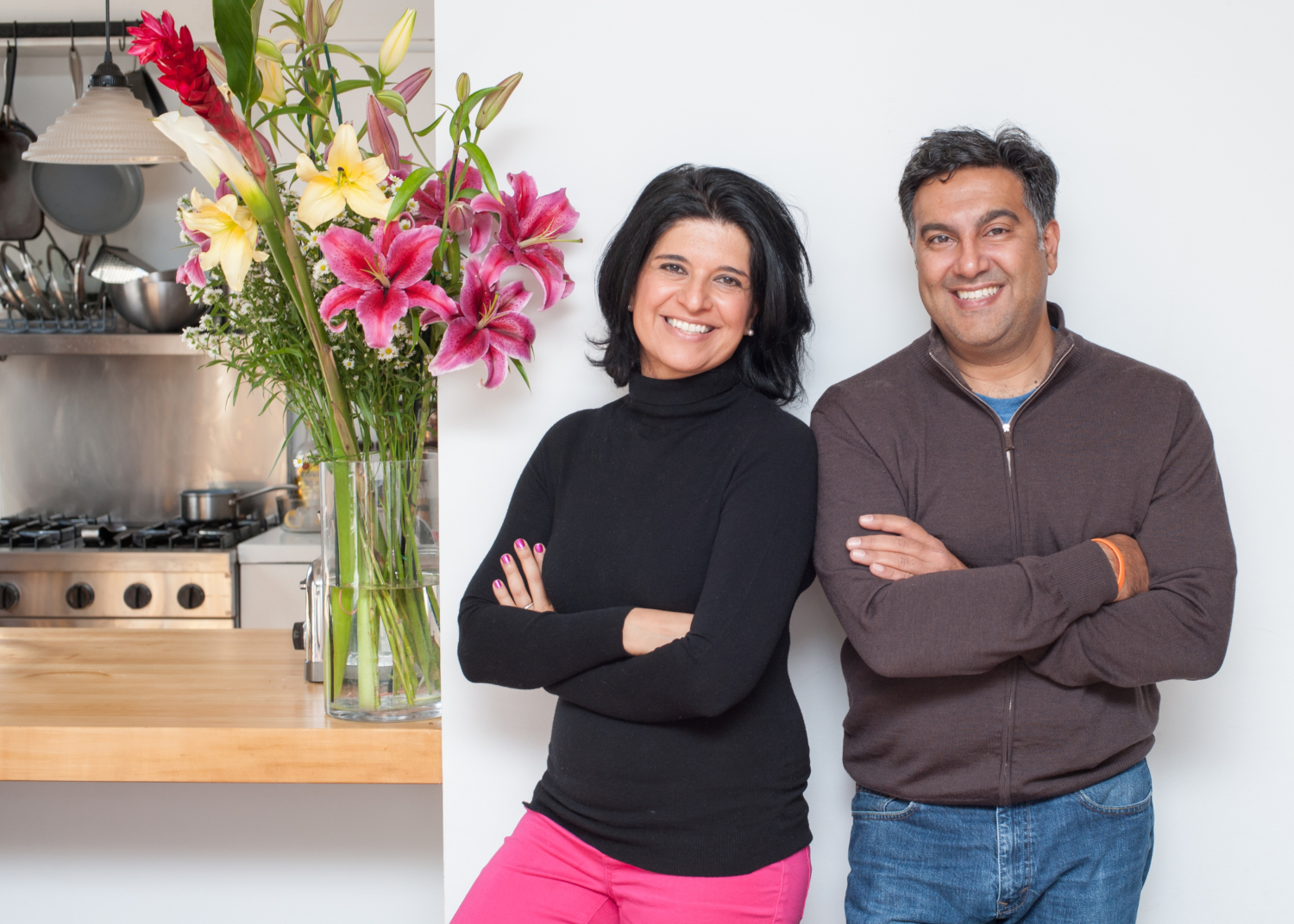
Shabnam Rezaei and Aly Jetha
What drove you to open Big Bad Studios?
At a very high level, I wanted to change the narrative around Iranians and later around anyone who is marginalized. My own story was a culmination of having left Iran as a child during the Iran-Iraq war and then being shocked once again by the Sept 11th attacks in New York, which happened to be across the street from my apartment. At the time, I worked on Wall Street as a Computer Science Engineer developing software for banks. The subsequent rhetoric of 9/11 demonized all Iranians as terrorists and this made me reevaluate my mission in life. I decided to do something that would hopefully have a positive effect on future generations, to educate them in a meaningful way, to create world citizens who are cosmopolitan and compassionate. Long story short, we ended up producing a first project which led to our first series Mixed Nutz.
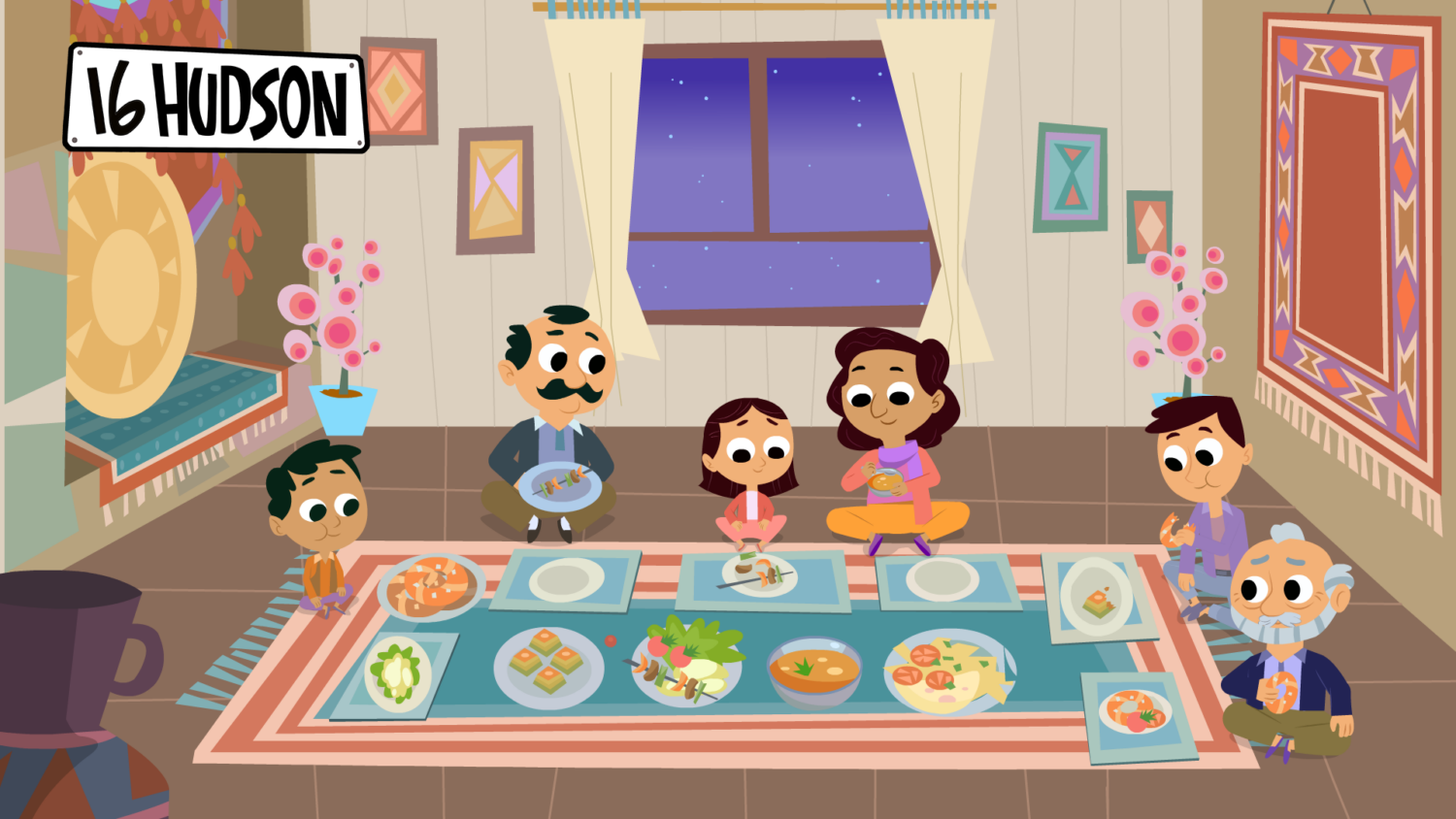
16 Hudson
Tell us about the team behind Big Bad Boo Studios
Do you have a few days? I say this because we have an amazing team and it would take me some time to tell you all about them. While Aly Jetha, my husband and business partner, and I started the business, the real work is done by a hard-working team headquartered in Vancouver, with offices in New York and Toronto. On an animated series like 16 Hudson our writing rooms start in Toronto, led by John May and Suzanne Bolch and we hire anywhere between 8-10 writers, who will reflect the backgrounds of our series mains such as Iran, China, India, and the Philippines. Once scripts are completed, we hand them over to our Production team, led by our VP of Production Paddy Gillen and Mai Mendy in Vancouver and our Head of Animation Eddie Soriano. They are supported by many great teams in production achieving everything from designs, model builds, auditions, casting, voice-records as well as storyboarding, animation, music, special effects and post-production. As with any animated series, it is a very involved process, employing over 100 people to work behind the scenes to bring shows to life.
How has your studio adapted during the pandemic?
From the beginning of lockdown, we were most concerned with our team’s health so in both our offices, we sent people home earlier than actual lockdown. It took us some time to get used to the work-from-home model and there are certainly inefficiencies in the model but luckily, animation is one of the few industries in media where we were able to continue work. We are mindful of people who have to handle multiple situations at home or who have had to deal with sickness or death in their families and for those reasons, we have slowed down. We have a fantastic team and great partners and we are very grateful for that.
Some of the studio’s successful programs explore multicultural themes and inclusive characters, how do you hope to connect with children watching your programs?
We want kids to see themselves in our shows and we want the shows to reflect reality. Oftentimes they don’t and this goes to the core of why I started Big Bad Boo Studios, with a goal to normalize “diverse” shows. In reality, we started with our story (being Iranian) and that was labelled as “diverse” but for us, we were being authentic and telling our story. In producing these types of stories, our hope was and remains that these shows would not be labeled as “niche” just because they didn’t feature a majority white cast or a white lead. We set out to make content without labels that could just be the norm — content that is telling so many stories that have not yet been told and content that is aware that the world is made up of more than just straight white males.
Internally we have grown leaps and bounds in identifying what this means and trying to give back. First, creating inclusive content is done by forming gender-balanced writing teams and production crews and making sure that the stories we tell are being crafted by those who have firsthand knowledge of the experiences we depict onscreen. You can’t have a truly inclusive show if you are not willing to put in the work behind the scenes. Second, we have started workshop for young BIPOC talent here in Vancouver (and all over Canada since we are all online) to change the color of the industry from the inside out so we can amplify more voices and achieve better balance.
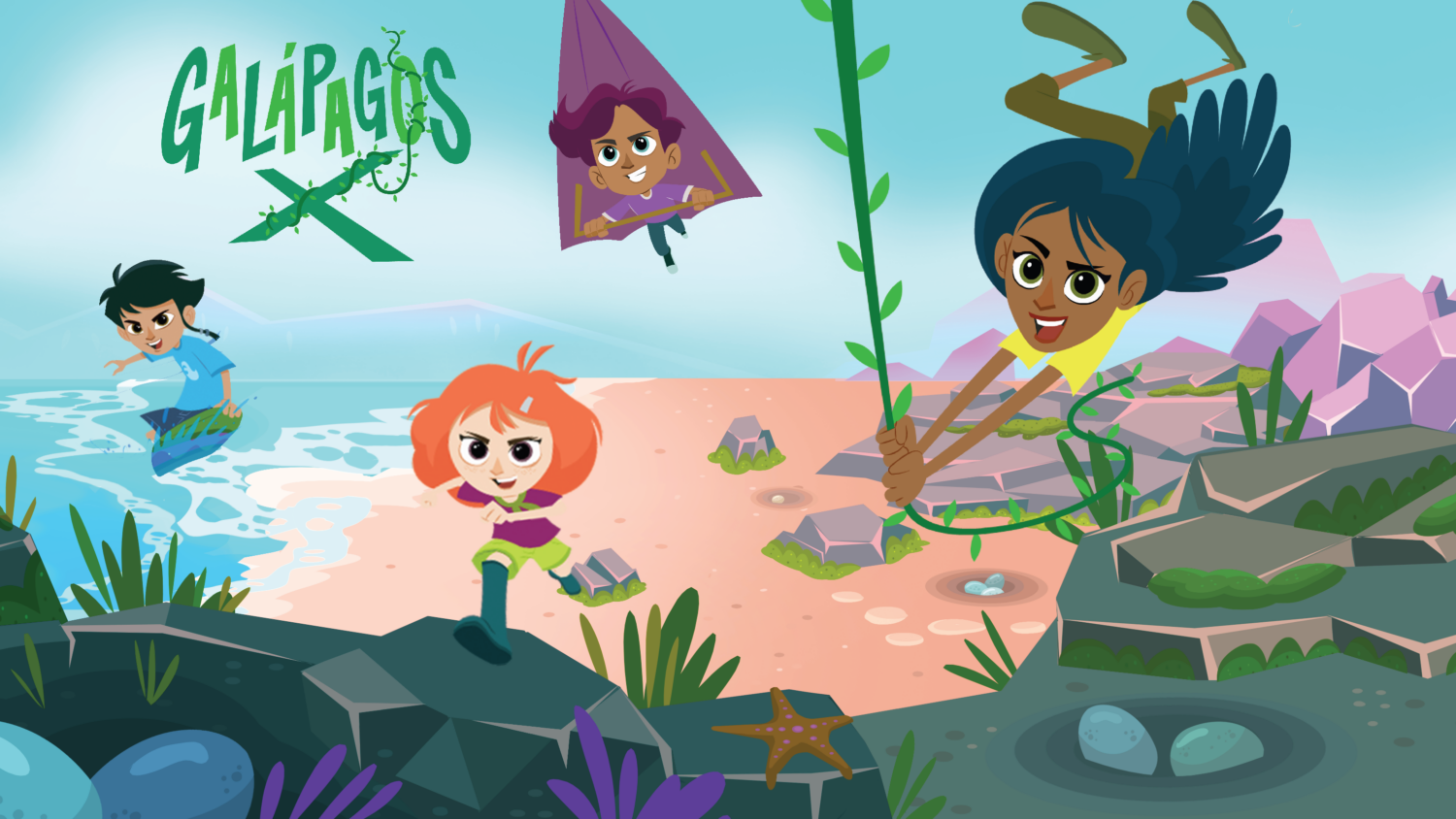
Galápagos X
Do you have memorable feedback from your audiences that has made you proud of the work you’re creating?
I love this question so much. I have so many emails, posts and letters from parents, kids, and caretakers, yes and that is what makes everything worth it. These comments will stay with me for the rest of my life and the people who write them probably don’t know how much they mean to me but they truly are the reason we continue and they feed our souls. I will just mention my latest favorite one: our character Luc in 16 Hudson is adopted and has two dads. There is a great episode called “Huggle Day” mirroring the Canadian day “Gotcha Day”. In our version, Luc celebrates this day with his family every year, and it is the day they became a family. I had a young man write into me and say that he was so happy to see himself in Luc. He had two dads too (and I thought it would end there) but he connected with the fact that he also looked like Luc. That, I was not expecting. So it made me double happy. Both designs and storylines matter.
Can you tell us about Big Bad Boo Studios young BIPOC talent workshops?
The workshops resulted from us not being able to fully staff a writers room for 16 Hudson, where we had characters with backgrounds in Iran, China, India, Ireland and being an adoptive child to gay dads. So we reached out and brought in young, aspiring writers with these backgrounds and helped them through the process. This made me realize there was a need for balancing the industry so we set out to do workshops in animation, storyboarding as well as creative writing. We have had many applicants and CBC Kids has signed on to provide one-on-one sessions. It’s these kinds of small, home-grown efforts that can make a difference.
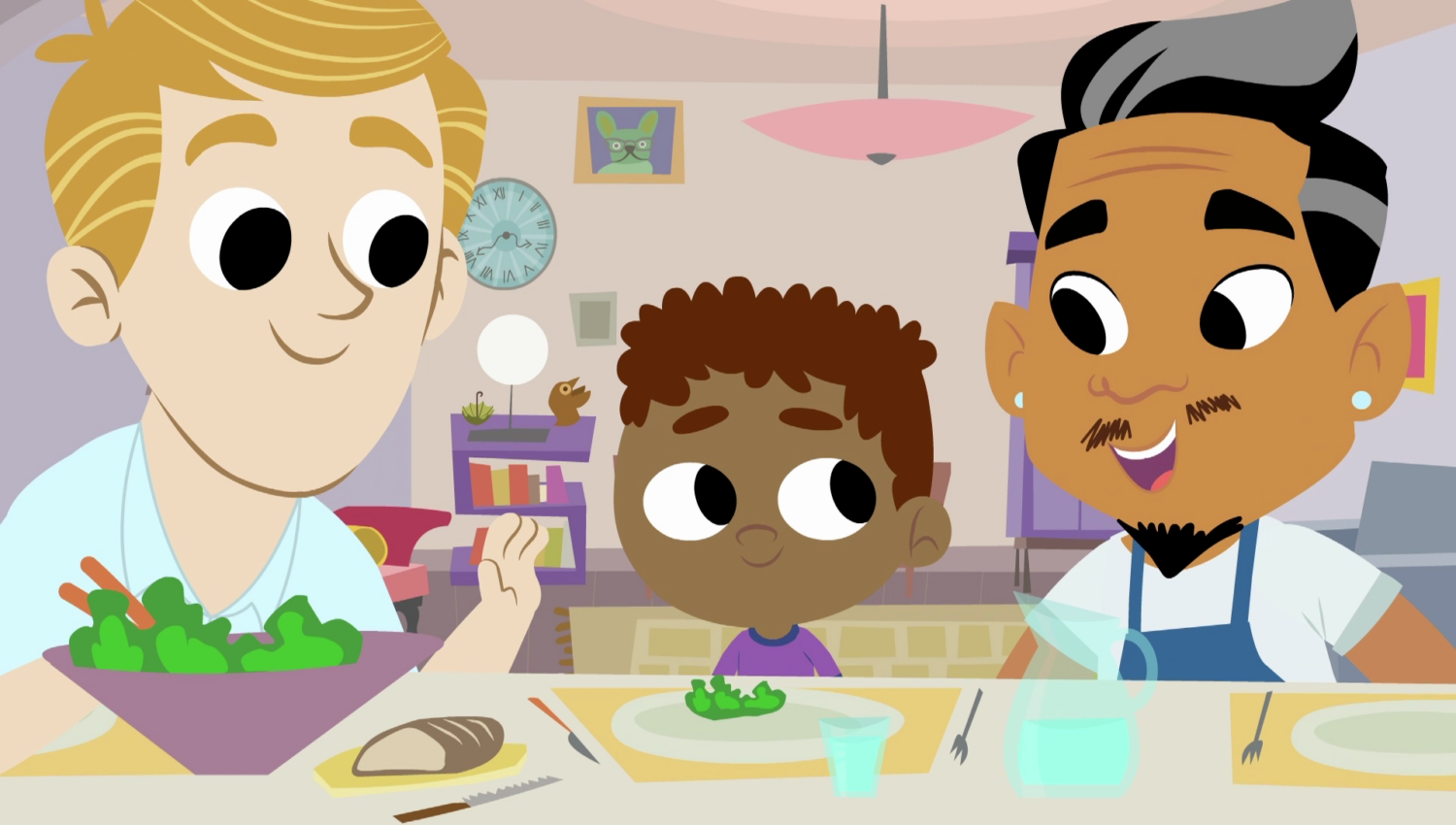
16 Hudson
What kind of advice would you pass along to content producers hoping to build empathy through storytelling?
Empathy is such an important part of what we do and entirely weaved into our shows like 1001 Nights, 16 Hudson and The Bravest Knight. We also teach empathy in our curriculum-based projects which is a big part of what we do. Aly heads up an incredible team in International Development that create and implement curriculum programs around our shows and then implements them across the world through partners like the UN and Save the Children. We always use educational consultants and I think every producer must do that, so perhaps that is a good place to start.
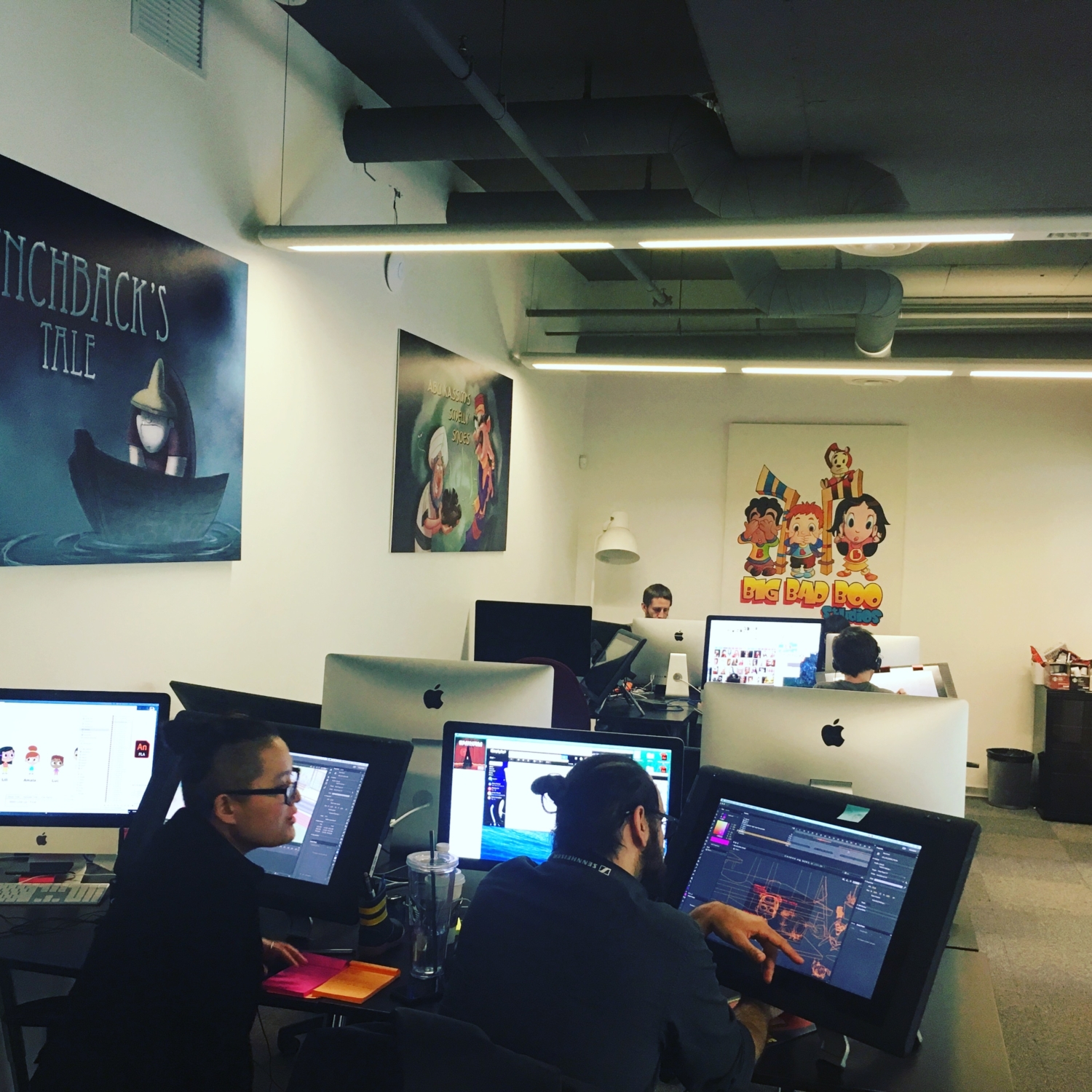
Learn more about Big Bad Boo Studios

